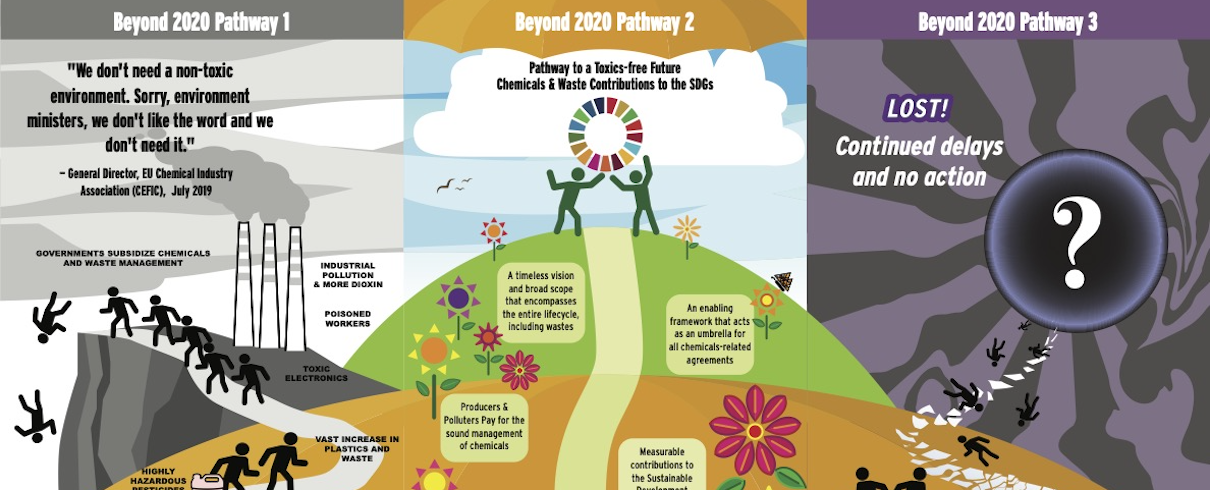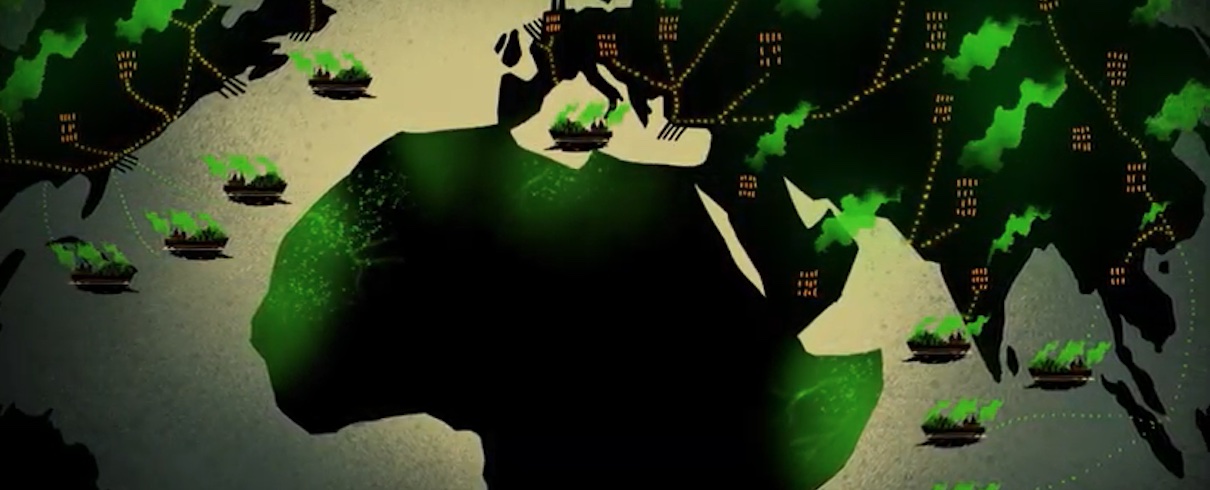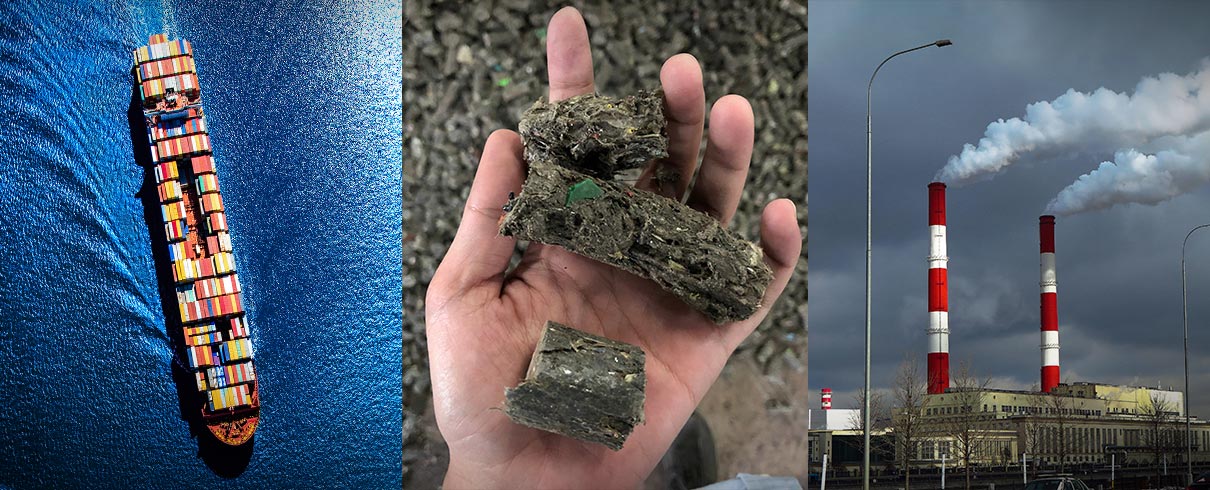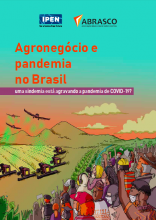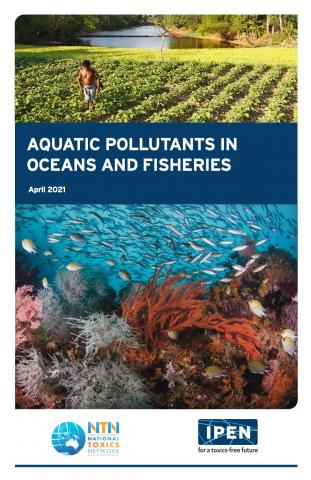
Gothenburg, Sweden Increasing levels of chemical and plastic pollution are major contributors to declines in the world’s fish populations and other aquatic organisms, according to a new report released today. The report is the first to bring together in one place the latest scientific research demonstrating how chemical pollution is adversely impacting the aquatic food chain that supports all life on earth.
“Many people think fish declines are just the result of overfishing. In fact, the entire aquatic food web has been seriously compromised, with fewer and fewer fish at the top, losses of invertebrates in the sediments and water column, less healthy marine algae, coral, and other habitats, as well as a proliferation of bacteria and toxic algal blooms. Chemical pollution, along with climate change, itself a pollution consequence, are the chief reasons for these losses,” said Dr. Matt Landos, report author and Director of Future Fisheries Veterinary Services.
